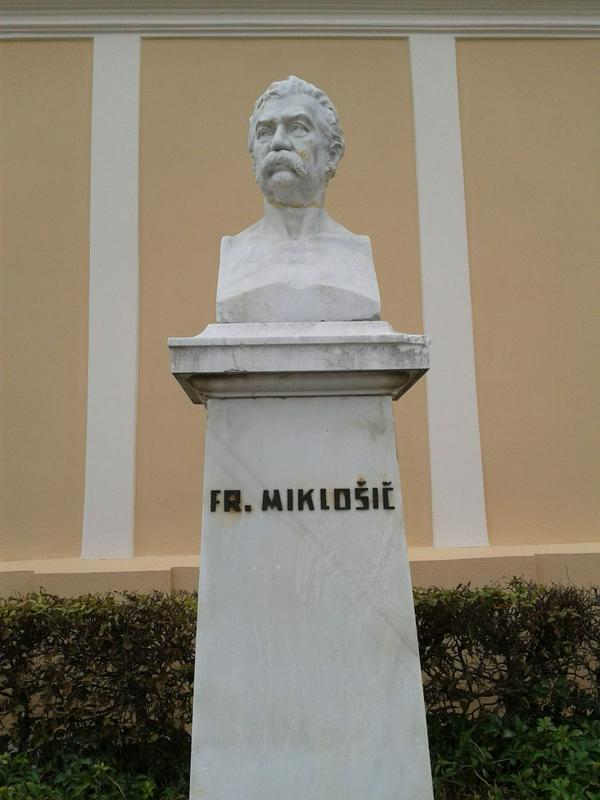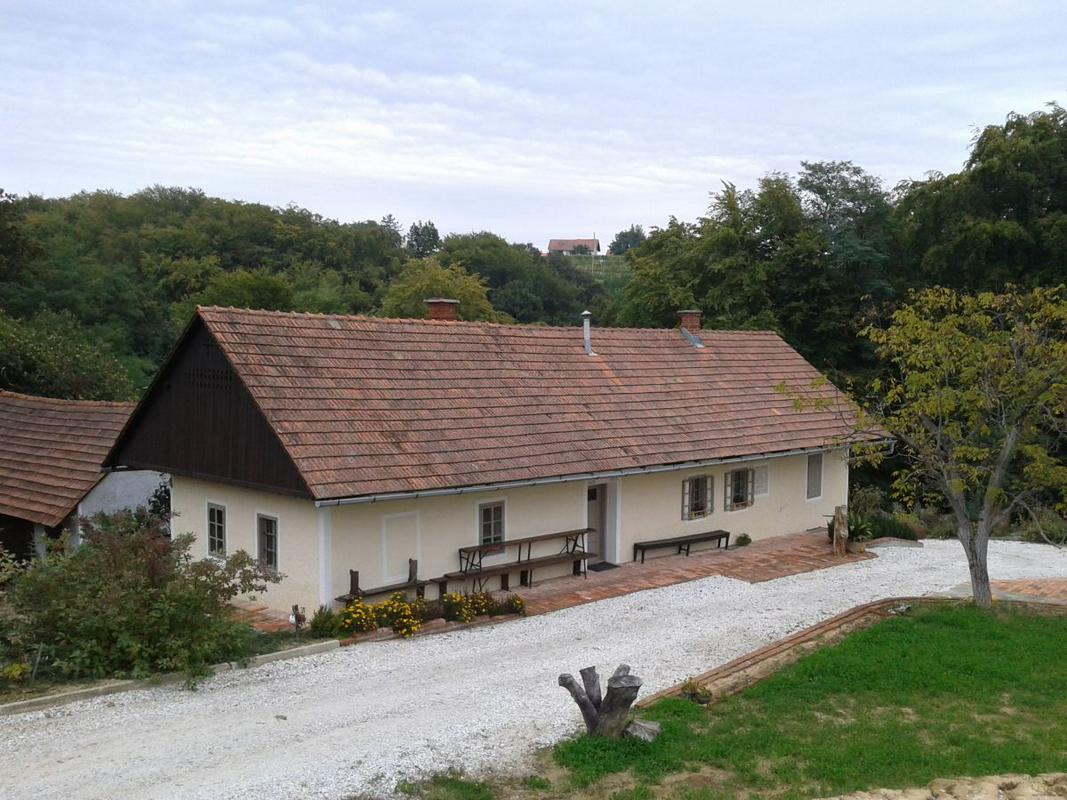

Slovenians tend to be proud of their language, and it’s no surprise that one of Ljubljana’s most prominent streets is named after a linguist. But even by Slovenian standards, Franc Miklošič was an exceptional scientist, one of the greatest Slavic linguists and philologists of all time.
Born in the winegrowing hills around Ljutomer in 1813, Miklošič was an exceptionally bright student. Because there was no higher education available in the Slovenian Lands at the time, he followed a trail blazed by many of his compatriots and studied the University of Graz. He graduated with a degree in law, and then obtained a doctorate in the Imperial capital of Vienna, also in law.
However, Miklošič soon discovered that Slavic languages were his true passion. He penned many scientific works about Slavic languages that changed the understanding of Europe’s largest language group. He helped to reconstruct proto-Slavic and authored an etymological dictionary, tracing the historic development of Slavic words. His comparative grammar of the Slavic language is still used today. For years, he was employed by the Imperial Library and founded the Chair of Slavic Languages at the University of Vienna.
His familiarity with various languages also made Miklošič useful to the government. He became an official censor, and even cut out a controversial stanza from The Toast, a patriotic song by the Slovenian poet France Prešeren, which is now the national anthem.
But Miklošič was committed to the Slovenian cause. In 1848, when Europe found itself amid turmoil and revolution, he was among those who officially proposed a program calling for a “United Slovenia.” The ambitious plan called for the political unification of Slovenians, who were then divided into several Austrian provinces, into a single unit with substantial autonomy under the Austrian crown. The use of the Slovenian language in public administration was particularly important to him.
Meanwhile, Miklošič’s scientific work received widespread acclaim. He was named the Chancellor of the University of Vienna, knighted, and became a fully-fledged member of the Austrian Academy of Science – all prestigious honors for a boy from the Slovenian countrywide.
Even though Miklošič’s most famous work was in the field of Slavic languages, his interests extended belong that language group. He mastered several other tongues, from Greek and Sanskrit to English and Lithuanian. In addition to pioneering Romanian and Albanian philology, and authored one of the first in-depth studies of the language of the Roma people and its history.
Miklošič died in 1891. He never lived to see his dream of a United Slovenia, but with his lifelong work, he had he laid the foundations for Slovenian cultural and political sovereignty.

































































